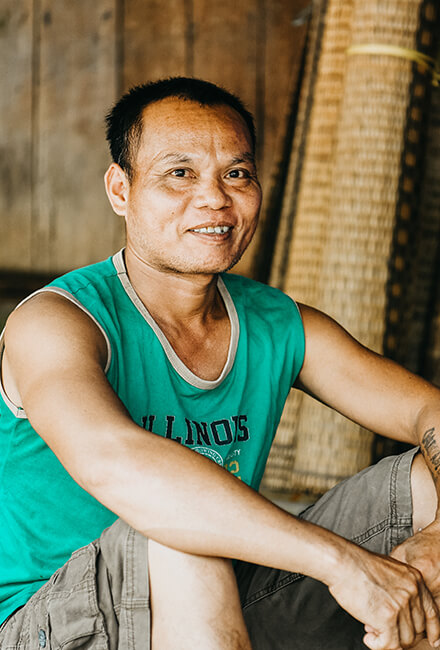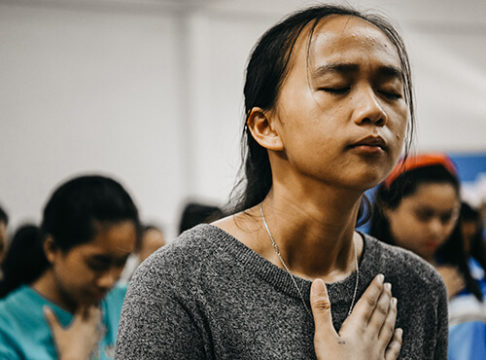PRAY FOR MALAYSIA
– That God’s Spirit reveals Jesus to ethnic Malays so more may know Him.
– That believers will have chances to meet with and encourage one another.
– Ask God to end discrimination and unjust treatment of Christians under the law.
Converting to Christianity can be seen and punished as breaking the law.
bottom“I’ll run to God, because He’s the only One I can depend on and He always turns up for me.”
– Susanna Koh, whose husband Pastor Raymond was abducted and is still missing

Every ethnic Malay is assumed to be Muslim, as defined by the Malaysian constitution. This means that any ethnic Malay who converts from Christianity is at risk of breaking the law and being punished under Sharia (Islamic) law. These converts can also face incredible pressure from their families and the broader community.
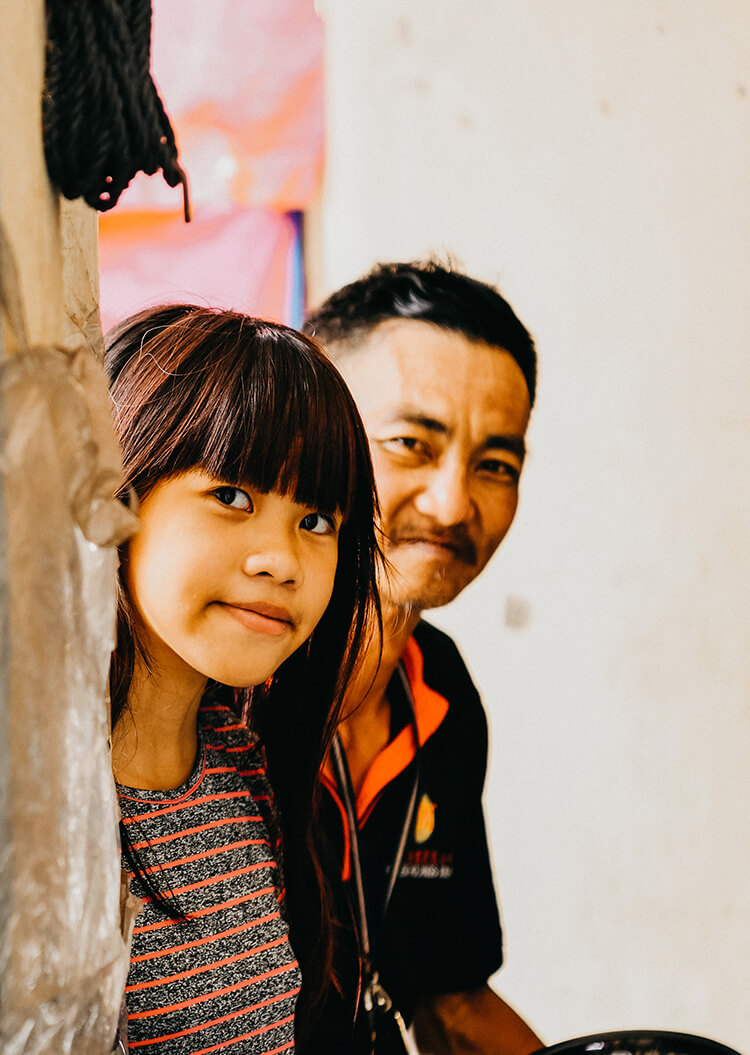
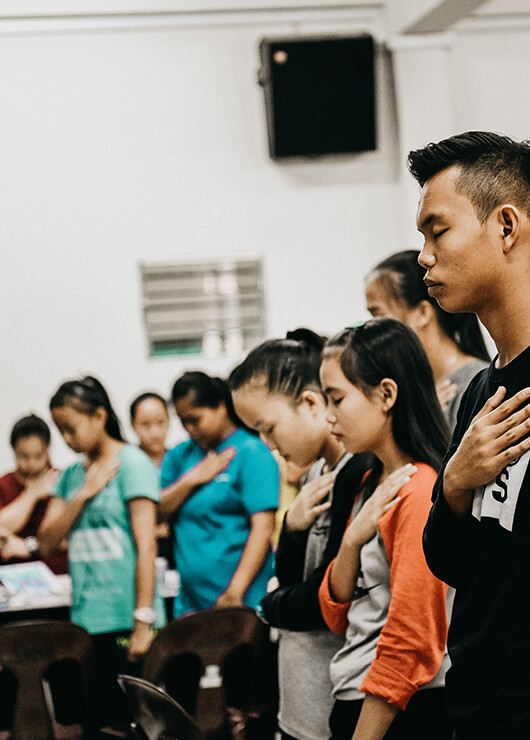
The country’s political instability—there have been four prime ministers since 2018—has led to more political parties trying to appeal to conservative Islamic voters. A conservative Islamic political party has made gains at both the local and national levels, and it is now the largest party, though it’s not in power. Party leaders regularly make statements of opposition against religious and ethnic minorities, including Christians.
Even historic Christian denominations or nonprofits are watched by authorities, and any group seen as being more open to evangelism is at risk for official interference. In this reporting period, there were ongoing cases of Christians wishing to change their official religion from Islam—and being denied. To stem the rise of the more Islamic political party, the ruling government—which many observers hoped would implement reforms—instead decided to continue emphasising Islam and favouring Muslim-centric policies.
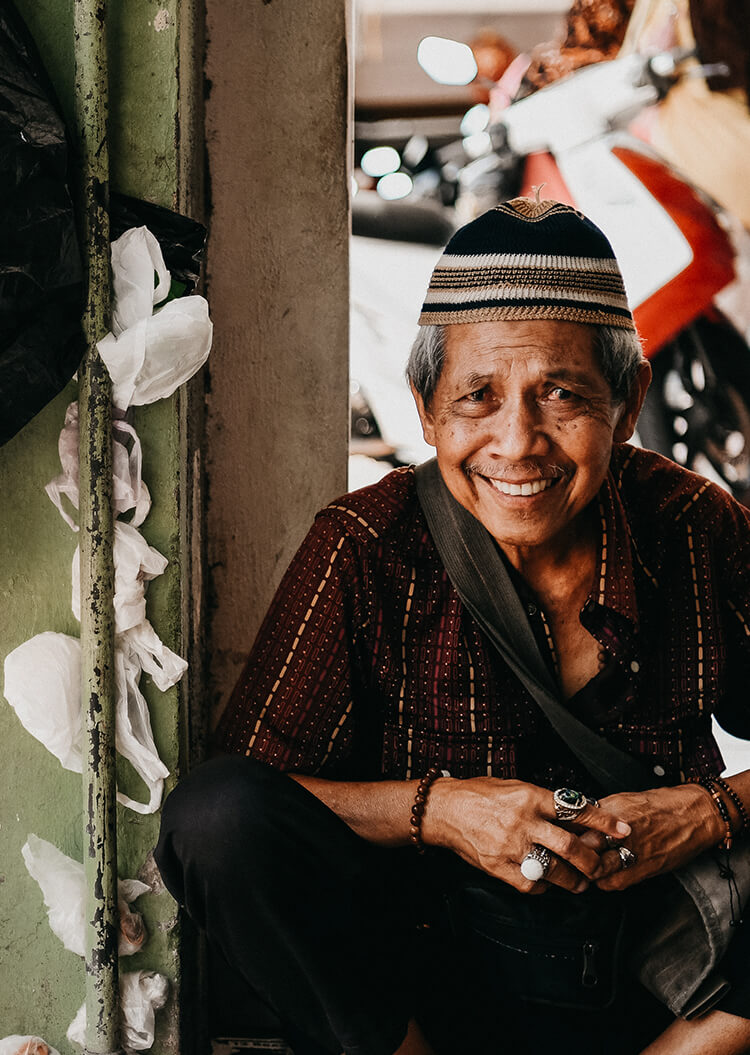
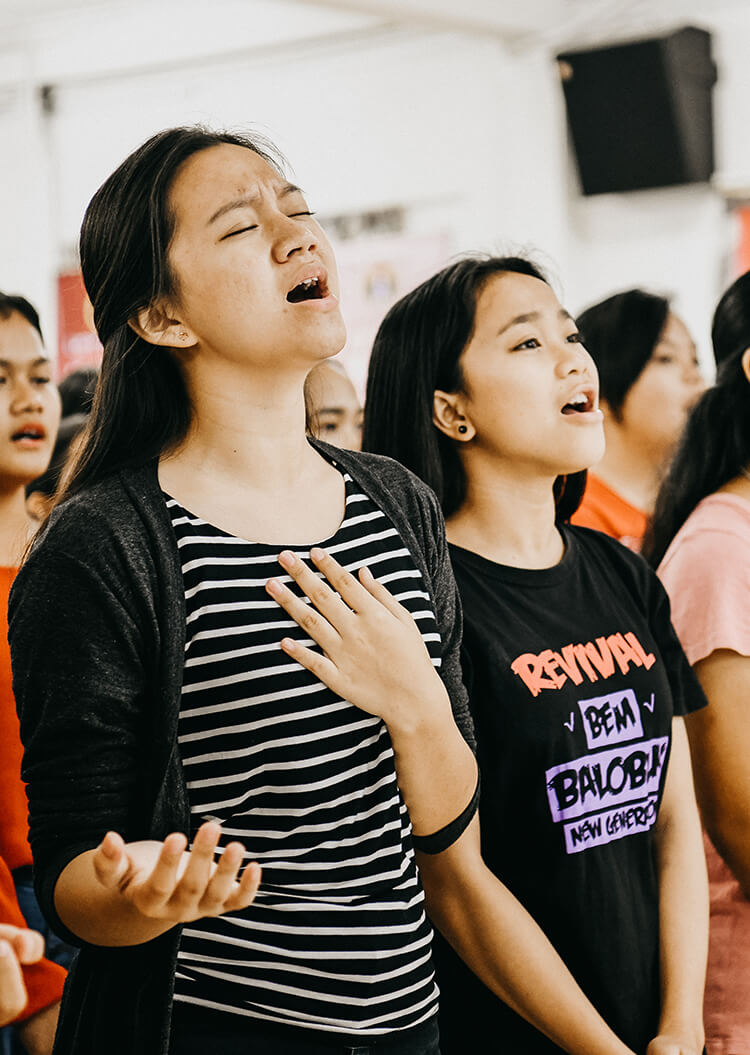
Ethnic Malays who convert from Islam are the most vulnerable to persecution. In communities governed by Sharia law, women and girls who leave Islam for Christianity can face significant restrictions and can be threatened with sexual violence or forced marriage. Christian men and boys face pressure from conservative Islamic groups through bullying from vigilante groups and monitoring by religious authorities.
– That God’s Spirit reveals Jesus to ethnic Malays so more may know Him.
– That believers will have chances to meet with and encourage one another.
– Ask God to end discrimination and unjust treatment of Christians under the law.
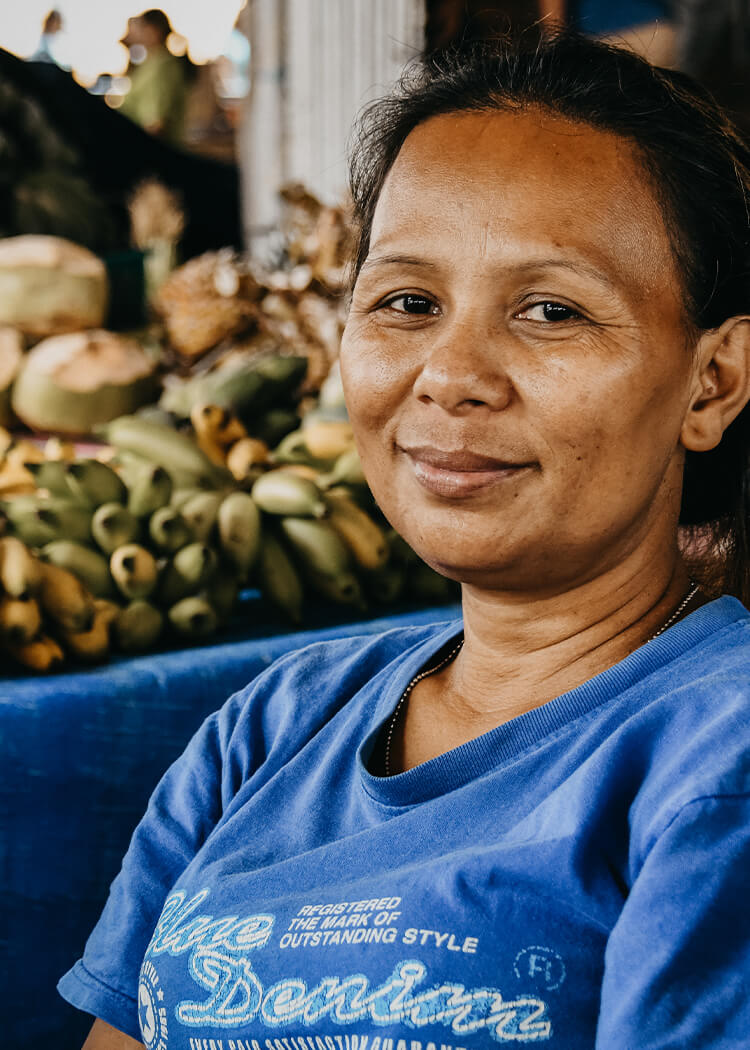
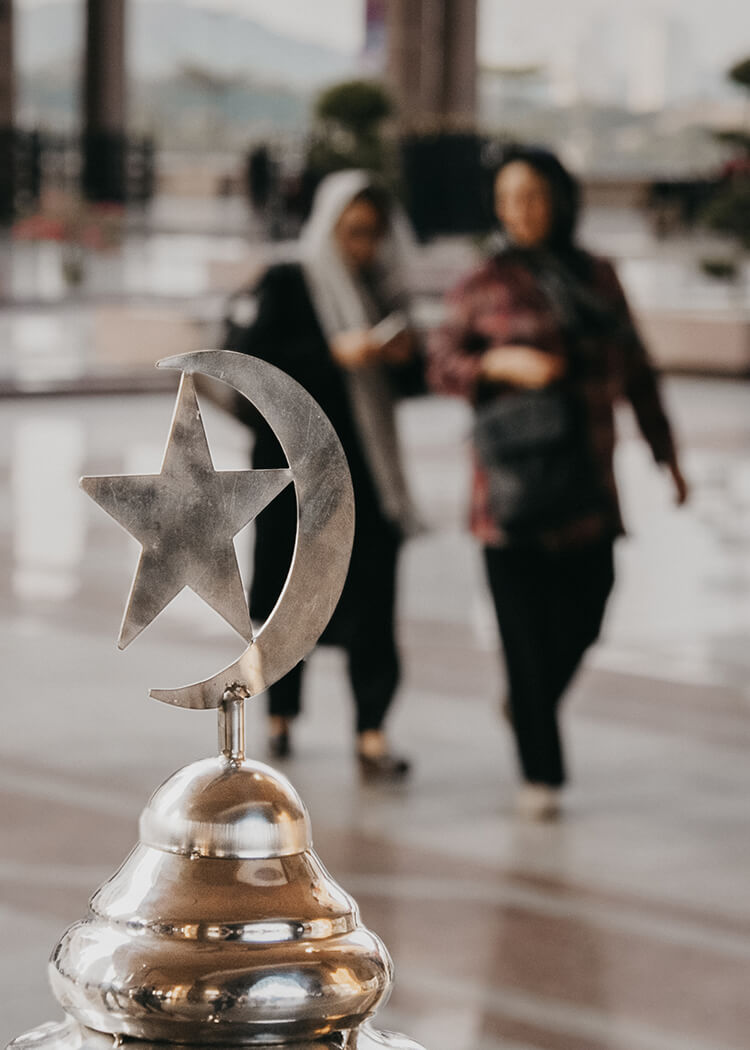
Open Doors works through local church partners in Malaysia to support persecuted believers with discipleship training, Bibles and Christian books, and socio-economic assistance.
